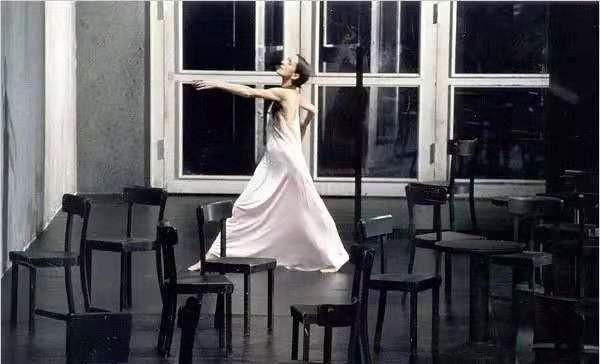Editor-in-Charge: Little Dancer

Speaking of dance, we have to say Pina Baush. Pina Bausch is Germany's most famous modern dance choreographer, the founder of the influential "dance theater" in the European art world, and the "First Lady of German Modern Dance". Born in 1940 in Solingen, Germany, he has shown great talent for dancing since childhood. At the age of 19, he went to the United States for further study, where he studied under a number of famous dance masters. In 1973, the Upatar Opera Ballet in Germany was taken over and renamed "Tanztheater Wuppertal" (Uppatal Dance Troupe). The "dance theatre" founded by Pina has become the three new contemporary dance genres in the Postmodern dance and the Japanese Dance (Butoh). She had been engaged in and studied dance for more than ten years long before she implemented her idea of "dance theater". The first work she was credited with in the dance world was her eponymous work based on Stravinsky's musical work The Duty of Spring, which critics called "the most prominent of the some eighty versions of the Festival of Spring". Since then, Pina Baush has continued to work along her "dance theater" approach, with Hershey Muller Cafe, The Legend of Chastity, Bluebeard, Waltz, Mazurka FOGO, Carnation, 1980, and The Window Cleaner, touring Europe, the United States, and Asia in Japan and Hong Kong.
It is needless to say that her works are mainly based on "people" as the main core, incorporating elements of drama, and in her works, people often wear loose and similar clothes. And not like some exquisite dance works. Often the makeup is exaggerated. Gorgeous costumes. People's emotions, people's smoking and drinking, chatting these ordinary movements Pina are all shown in the work, and under the concept of "dance theater". The performances of various dance characters have become part of the highlighting theme, setting off the mood and atmosphere of various works.
Pina Bausch died on 30 June 2009 at the age of 68 in a hospital in Upertal, Germany. Five days earlier, she had just been diagnosed with cancer and died on Tuesday local time, and the Wuppertal Dance Theatre wrote on its official website: "Just last Sunday, she stood on the stage of the theater with her dance partner. ”
In The Mill's Cafe, as Henry Pussell's baroque music plays, Pina's stage design and one of her companions in life, Pozzik, and her most important dancer, Massey, struggle on stage to lift the tables and chairs in front of the female dancers, and Pina sleepwalks along the edge of the set, sometimes retreating, crossing a revolving door and disappearing. To borrow the words of the German dance critic Schmidt: It is like being detached from all worldliness.
Video loading...
Editor's Note
sometimes. We often feel that some works of art are obscure, and we can't grasp the ideas that the creators want to express, nor can we grasp the problems they want us to reflect on, so we resist. People are always good at sorting everything together, dividing them in detail by time and style, which is actually not conducive to our good understanding of the unknown but extremely wonderful parts of the world. What art creation and art ultimately present is not the deliberate details, but the even different touches obtained by us, the experiencers, as viewers, listeners, or even as unspecified identities. I think that everyone has the feeling that the whole body is full of emotions, love and even hate and even emotions that words cannot express overflow every hole in the body, sometimes we think that we are incomparably beautiful, and sometimes we think that we are ugly. The creator of art may be expressing the poor part of our words.